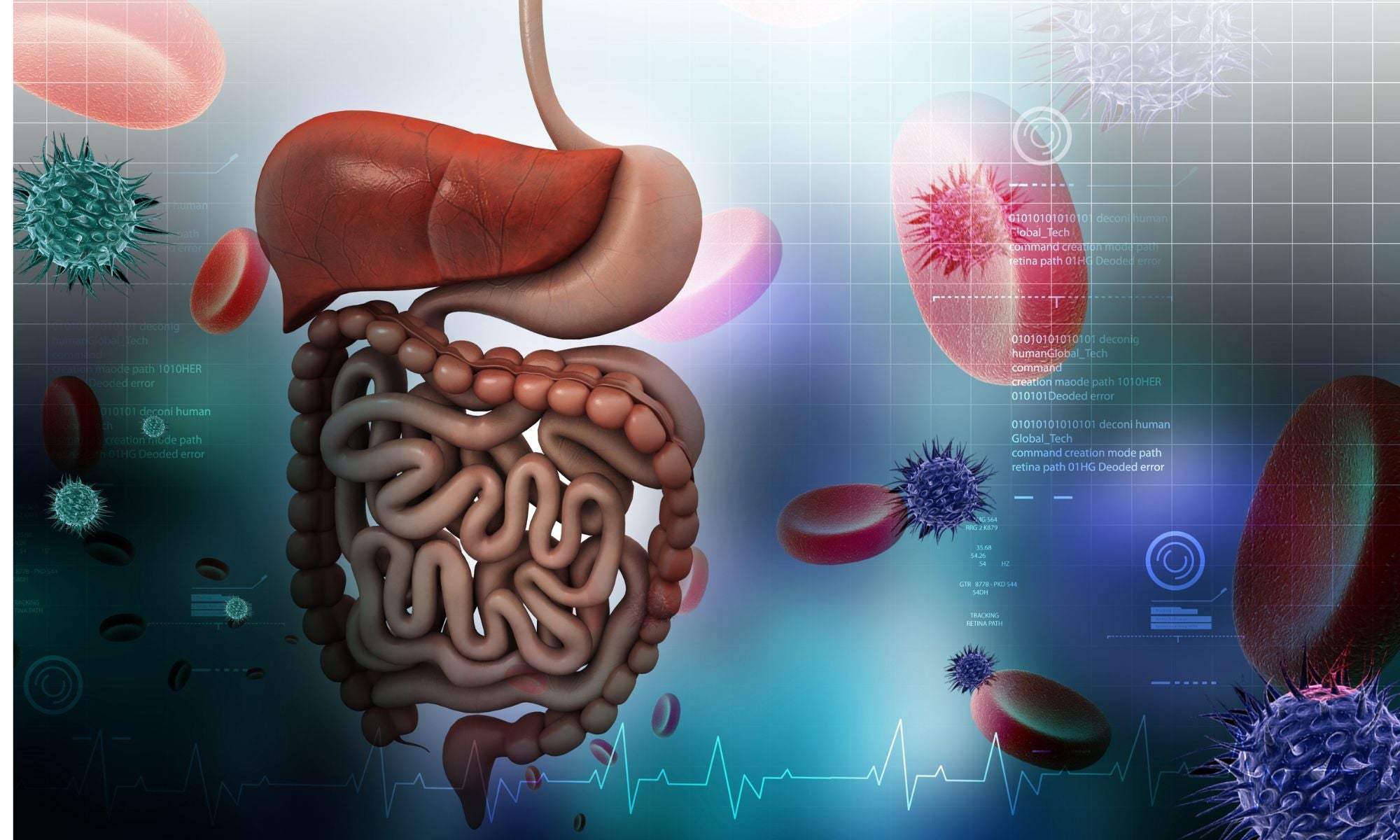
Intermittent Fasting: What It Can Do To Your Gut
The many benefits of intermittent fasting include improving gut health. In addition to helping maintain a healthy and balanced metabolic environment, it can also help you maintain a regular circadian rhythm. Many people try intermittent fasting because their gut bacteria significantly affect their metabolism.
Most people are unaware of how their gut functions. It contains millions of microorganisms, which play a vital role in various activities, such as the digestion of food. Unfortunately, many individuals do not take adequate care of their gut, which can lead to gastrointestinal issues.
Getting back into balance is a must, and there are many different treatments available, but what can you do to ensure that your body is back in order? One of the most effective ways to do this is by restricting your food intake for a certain amount of time, which can help rebuild the gut flora.
What is Intermittent Fasting (IF)?
Contrary to popular belief, intermittent fasting is not a diet. It's simply a method of fasting that involves restricting your food intake for a specific amount of time.
Intermittent fasting does not have any dietary restrictions. During fasting, you can only consume beverages containing little to no sugar, such as coffee, tea, or water. You can still eat food during your feeding period.
Although intermittent fasting can seem daunting, it can be very beneficial. For most people, this method involves restricting their food intake for a specific time. They can then fast for the rest of the day.
Intermittent fasting is a viable option for many people looking to improve their gut health. There are many protocols that you can choose from, and they can work seamlessly with your schedule.
You can modify the amount of time you fast depending on the program you want to implement, and it will work seamlessly into your schedule. Before you start, you must identify the times when you need the most amount of energy.
How do you do Intermittent Fasting?
The most common method of intermittent fasting is the 16:8 or 18:6 method. This involves fasting for up to 20 hours and eating for the rest of the day.
The 5:2 method is similar to the traditional method but involves fasting for two days. During this period, you can refrain from consuming any food and limit your caloric intake to around 500 calories.
The one-meal-a-day method is rare. It involves eating a large meal daily and fasting throughout the day.
People who follow intermittent fasting have various ways to achieve their goals. These include 24-hour fast, Eat Stop Eat, and alternate-day fasting.
These are the most common types of intermittent fasting. They are less extreme and are easier to implement.
How Does IF help keep your gut healthy?
The benefits of intermittent fasting are linked to the development of our gut microbes' circadian rhythm, which dictates the activity of certain gut bacteria at different times throughout the day. This rhythm controls our body's energy levels, including appetite and sleep. Several bacteria are active at night, different from those present during the day.
A type of bacteria known as Postprandial Endotoxemia is sensitive to melatonin, which helps keep the body's sleep cycle balanced. When you eat at night, it disrupts the function of the gut bacteria rhythm, similar to how jet lag affects the sleep cycle. Because of this, intermittent fasting, such as the 16:8 diet, consists of eating only a small amount of food throughout the day and restricting your consumption to 16 hours.
Aside from maintaining a healthy circadian rhythm, intermittent fasting can also improve metabolic health by releasing beneficial effects such as reduced blood pressure and weight. A study by the University of Alabama revealed that changing the time when meals are consumed can improve metabolism.

The study was conducted on obese men who were split into two groups. The first group had a meal schedule that allowed them to eat between 7 am and 3 pm, while the second group had a schedule that allowed them to eat at night. After five weeks, the study's results revealed that the first group participants had lower blood pressure and insulin levels and lower appetite levels.
Conclusion:
If done correctly, intermittent fasting can be a safe and beneficial practice. It can help nourish and rejuvenate the gut bacteria, allowing them to grow and function properly. Decreased insulin, glucose, and blood pressure levels can lower the risk of several chronic diseases, such as diabetes and heart attack.












